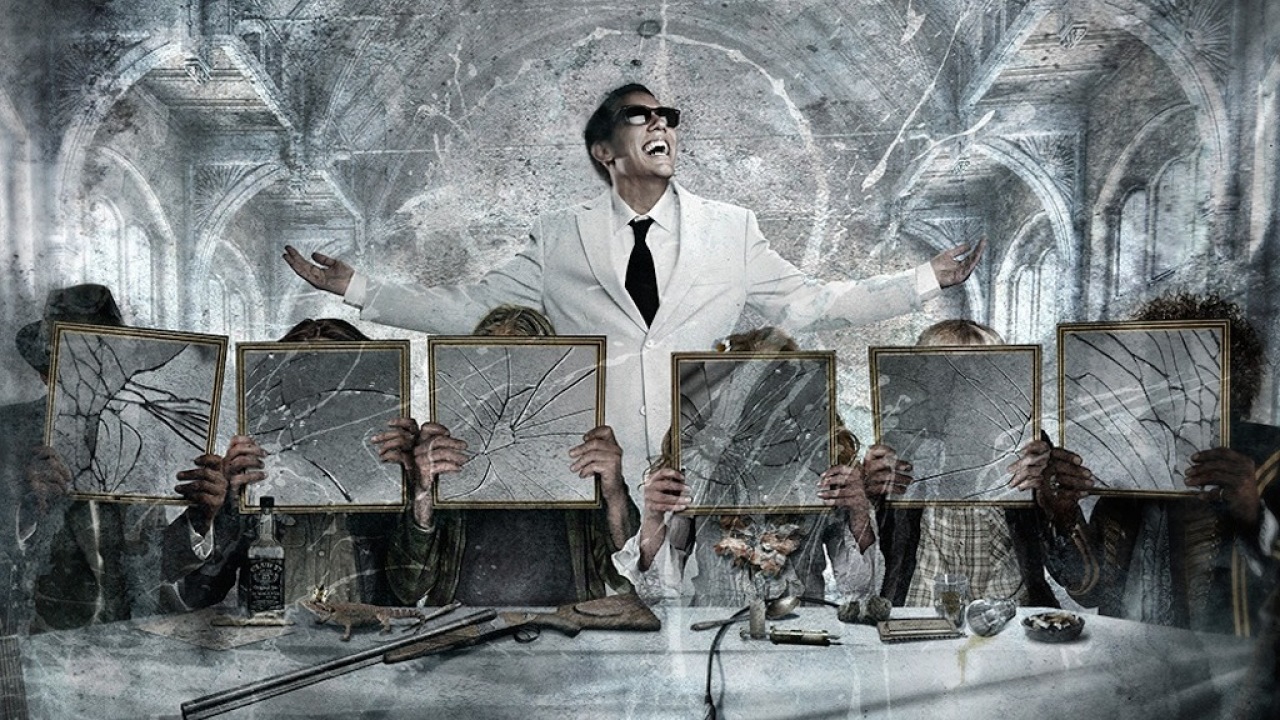The thematic jumping-off point for Magenta’s latest release is the fact that a curiously large group of musicians and singers were 27 years old at the time of their death, thus joining what Kurt Cobain’s mother woundedly derided as ‘that stupid club’. Six notable members of said club become the inspiration for the musical portraits here.
Inspired by Jim Morrison, The Lizard King opens the album and swiftly shifts into symphonic prog-gasm. Should a record about dead people really kick off in such a powerful and upbeat manner?!
The Twenty Seven Club is a collection of undeniable quality – well-crafted with a crystal clear production from main man Rob Reed, who also manages to employ a dizzying array of keyboard styles and sounds throughout. The compositions cover the gamut of the Magenta soundscape – clever, punchy and involving music making lush and poignant musical statements.
All this instrumental prowess is married to Christina Booth’s clear, strong and versatile voice, an element of consistency amid the music whirling around her. The musicianship throughout is first-class – Chris Fry’s six-string additions provide great colour and excitement, and his soloing is gorgeous (Pearl and Stoned being just two examples). Guest drummer, Andy Edwards (ex-Frost* and IQ), completes the line-up, with a mix of technical mastery and musical sensitivity.
The album wears its premise lightly (concept would be too strong a word), and it’s debatable to what extent individual tracks reflect it. There’s scant musical or lyrical clues which shout “Jimi Hendrix!” on the agreeably Yes-tinged Ladyland Blues or “Robert Johnson!” on The Devil At The Crossroads.
Interestingly (perhaps significantly) the track which possibly comes closest to expressing its subject is the only song to deal with a woman, Janis Joplin. Pearl builds in stages from a slow, bluesy electric piano through Booth’s sincere and touching vocal delivery towards Fry’s heart-rending guitar solo. Together with the lyrics (all written by Rob Reed’s brother Steve) it packs an emotional punch and raises issues clearly applicable to Joplin’s personal struggles. Elsewhere such connections are rare, tenuous even, but even without an over-arching theme, these tracks are all good in their own right.
The Twenty Seven Club represents no major departures for Magenta. The band continue to imbue their classic prog-influenced efforts with a fresh and contemporary edge. Those conceit issues are really just a quibble, and anyone interested in expansive, melodic, intelligent, and thrilling symphonic rock should check this out.

